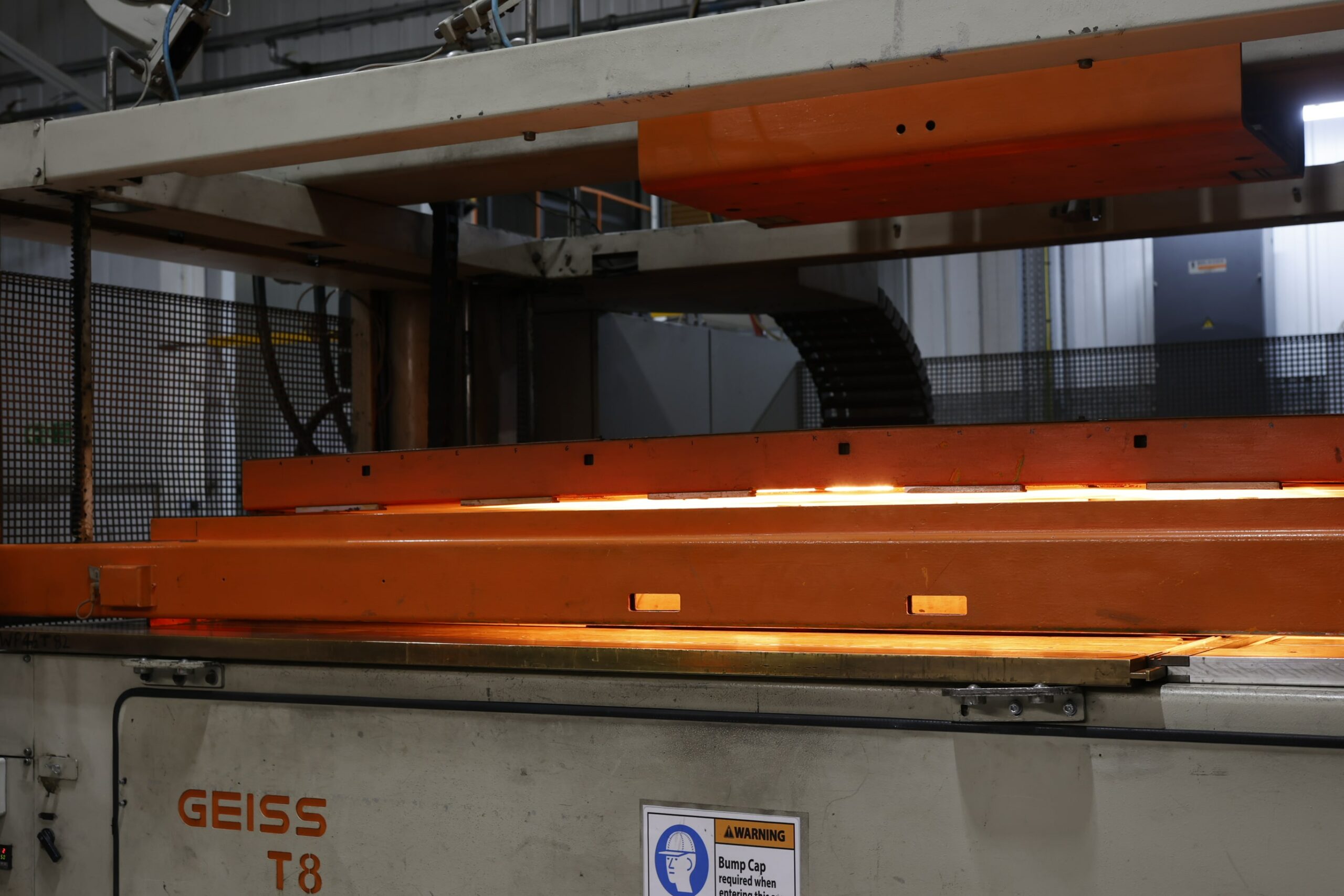As the world looks to promote environmental sustainability, there has been increased scrutiny on the plastics industry for the negative impacts plastics are perceived to have on the environment. This scrutiny extends to the thermoforming industry, which has had to adapt to accommodate the focus on sustainable practices and plastics. As thermoforming experts, we at Plas-Tech Thermoforming understand the challenges of the industry becoming more sustainable. Therefore, we are taking the correct steps to limit our environmental impact as much as possible, with greater use of sustainable materials, improving energy efficiency, and reducing our carbon footprint.
The largest factor in reducing our carbon footprint comes from the use of more sustainable plastics in the thermoforming process.
Sustainable Plastics in Thermoforming
As thermoforming is such a versatile process, it allows for greater use of sustainable plastics throughout. Whilst it is important to transition to more sustainable materials in the thermoforming process, it is also key that they are both suitable and keep the advantages that the process offers.
With that in regard, it’s important to know how sustainable some of the most popular thermoforming materials are:
Polypropylene (PP) – A versatile and lightweight material, that has gained recognition for being highly recyclable. The material is easily reprocessed and reintroduced into the production cycle, making it a sustainable choice for thermoforming.
Acrylonitrile Butadiene Styrene (ABS) – A tough and impact-resistant material, that is perfect for intricate details. There is already infrastructure in place for this material to be recycled, contributing to its sustainability.
Polycarbonate – A hard-wearing, heat-resistant, and transparent material. Due to its excellent hard-wearing and thermal properties, polycarbonate can withstand many uses before it needs to be disposed of. Whilst this material is more difficult to recycle, there is infrastructure in place to do this.
Polyvinyl Chloride (PVC) – A durable, versatile, and very widely used material. Throughout time, the production of PVC has evolved to become more energy efficient, lowering environmental emissions. PVS is also recyclable, reducing the need for its production and the emissions created during.
The Benefits of Thermoforming with Sustainable Plastics
For businesses, opting for the use of sustainable plastics has a number of benefits, that include:
- Reduced carbon footprint
- Decreased plastic waste
- Increased cost-efficiency
- Keeping up with the demand for sustainable products
- Meeting environmental regulations
Thermoforming Experts in East Yorkshire
At Plas-Tech, we are established experts in thermoforming, with over 30 years of experience providing our customers with exceptional products and services.
Operating from two state-of-the-art factories in East Yorkshire, we are one of the UK’s leading thermoplastic specialists, offering engineered thermoformed plastic components that are manufactured to the highest standards and with an eye on sustainability.
If you would like to know more about how our thermoforming services can help you, get in touch with our expert team today.
